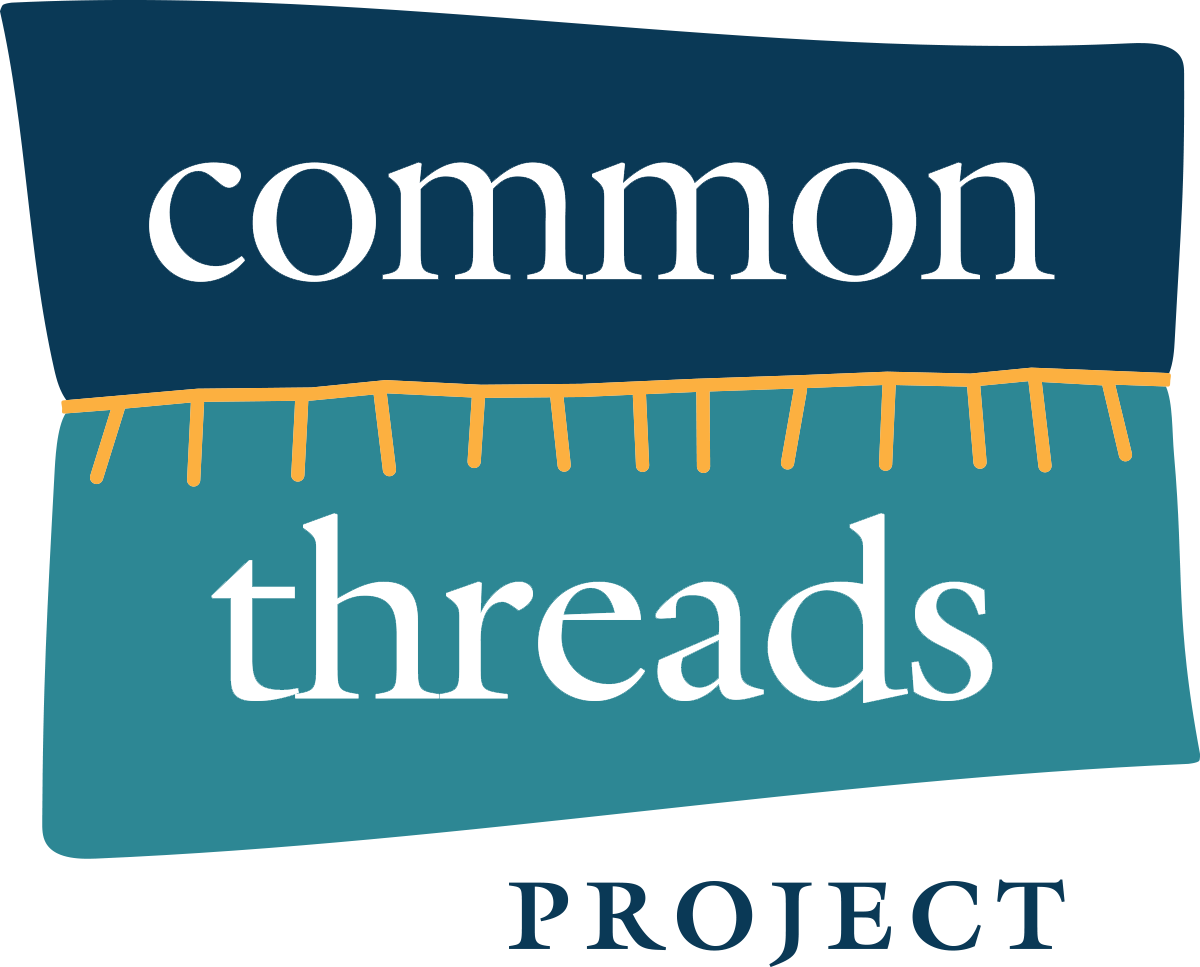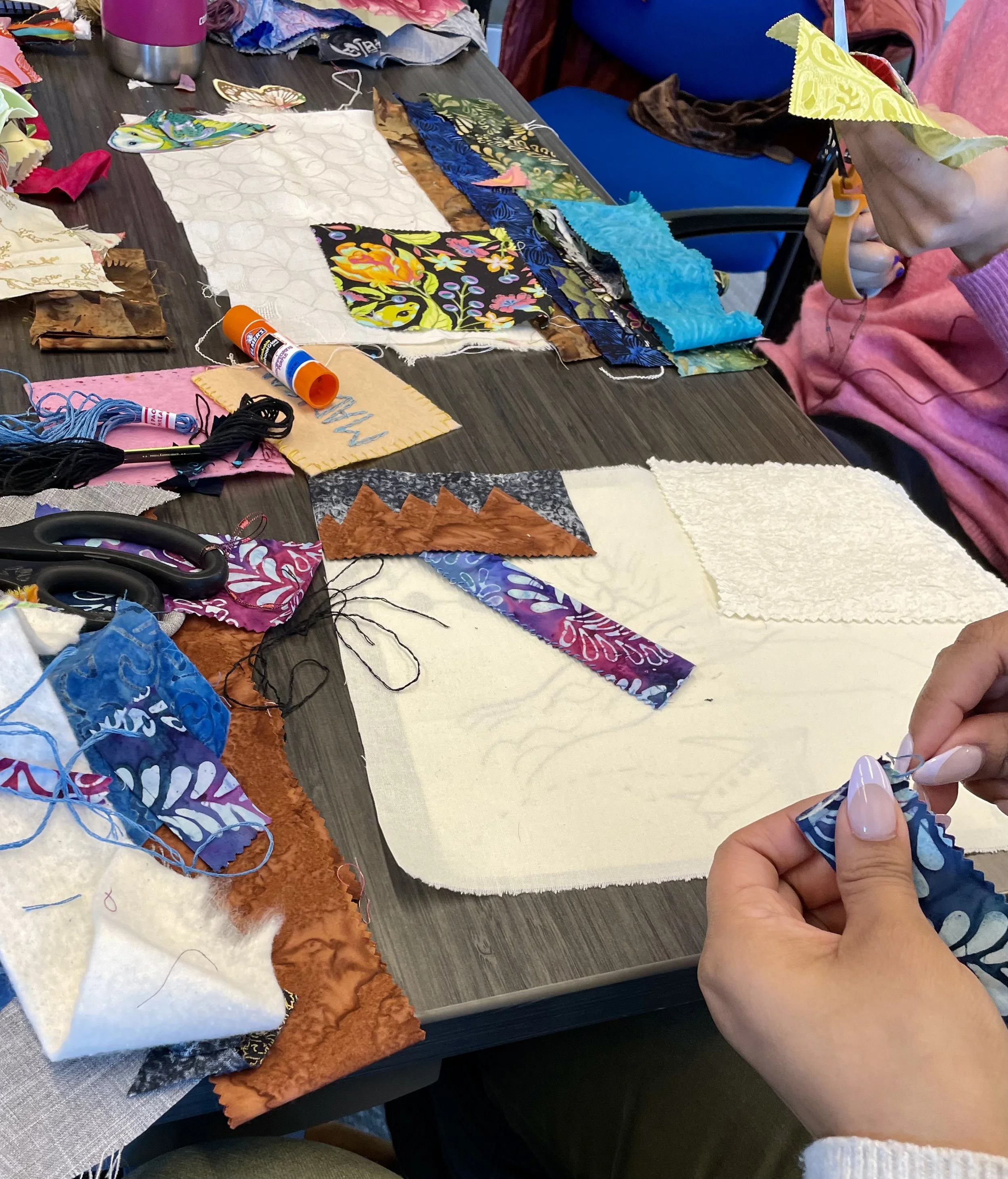DC-Maryland-Virginia
We partner with three agencies in the DC, Maryland, Virginia region.
Together, we’re bringing CTP’s unique trauma healing approach to marginalized women who’ve experienced gender-based violence, war, and displacement.
Background
Since 1975, 3 million refugees have resettled in the United States (UNHCR). As they work to rebuild their lives and navigate the many challenges of resettlement, many also must deal with unaddressed trauma.
Nearly half of refugees, asylees, and asylum seekers in the US are primary or secondary survivors of torture. Many have experienced war, gender-based violence, prolonged family separation, and the loss of community and trust. These traumatic experiences can have a profound impact on individuals and families.
Despite this, refugees often face barriers to accessing the mental health care they deserve.
Our Partners
Northern Virginia Family Service provides a wide array of services to families and individuals. Their Multicultural Center offers legal, mental health, and case management services, particularly for those new to the United States.
Intercultural Counseling Connection is a referral network of mental health professionals committed to providing culturally responsive counseling and therapeutic services for asylum seekers, refugees, and other forced migrants in the greater Baltimore area.
HIAS provides vital services to refugees, asylum seekers, and other forcibly displaced and stateless persons around the world. They are one of our referral partners in the DC-area.
Our Work
In early 2024, our senior faculty trained 14 clinicians in the Common Threads Project approach, which helps survivors recover from their trauma and reclaim their lives.
Now, we’re seeing the very first healing circles in the region forming. Women who have experienced trauma, war, domestic violence, sexual violence, or displacement from Central and South America, West and Central Africa, the Horn of Africa, Eastern Europe, as well as several countries in Asia are coming together to heal.
As facilitators gain experience and expertise, the program will continue to grow.

















